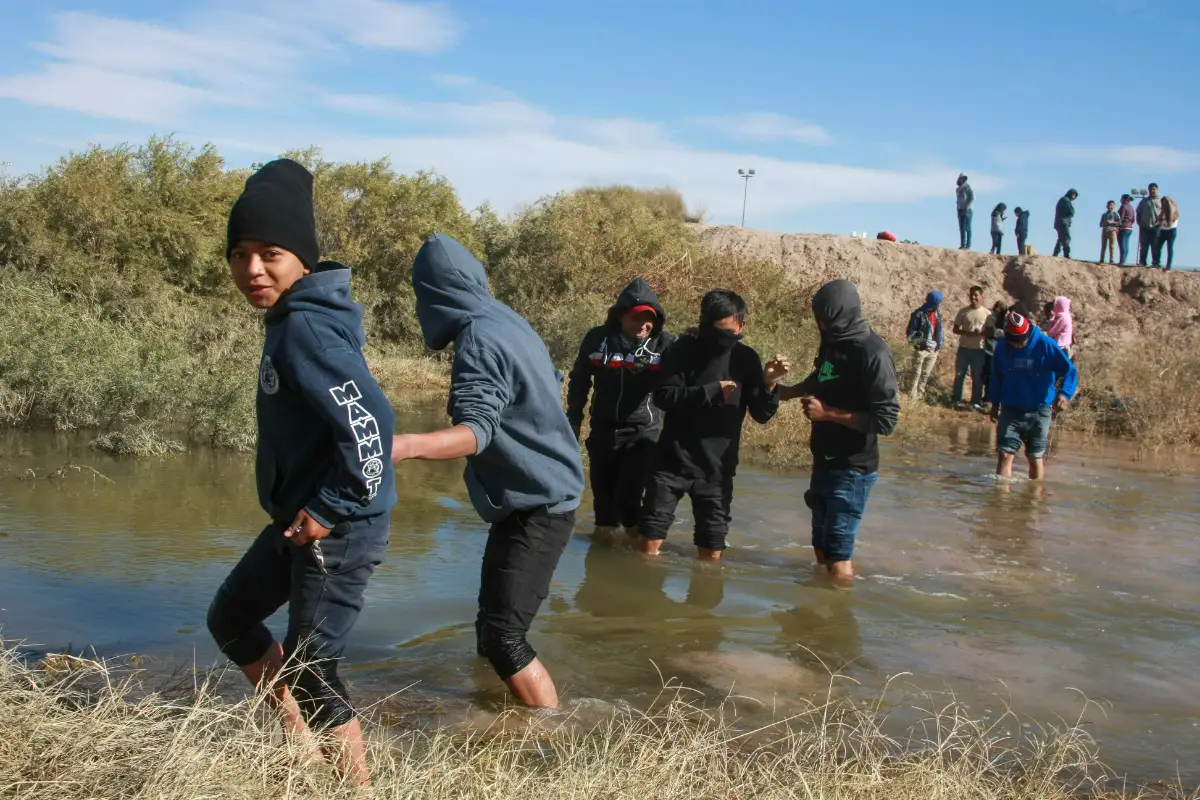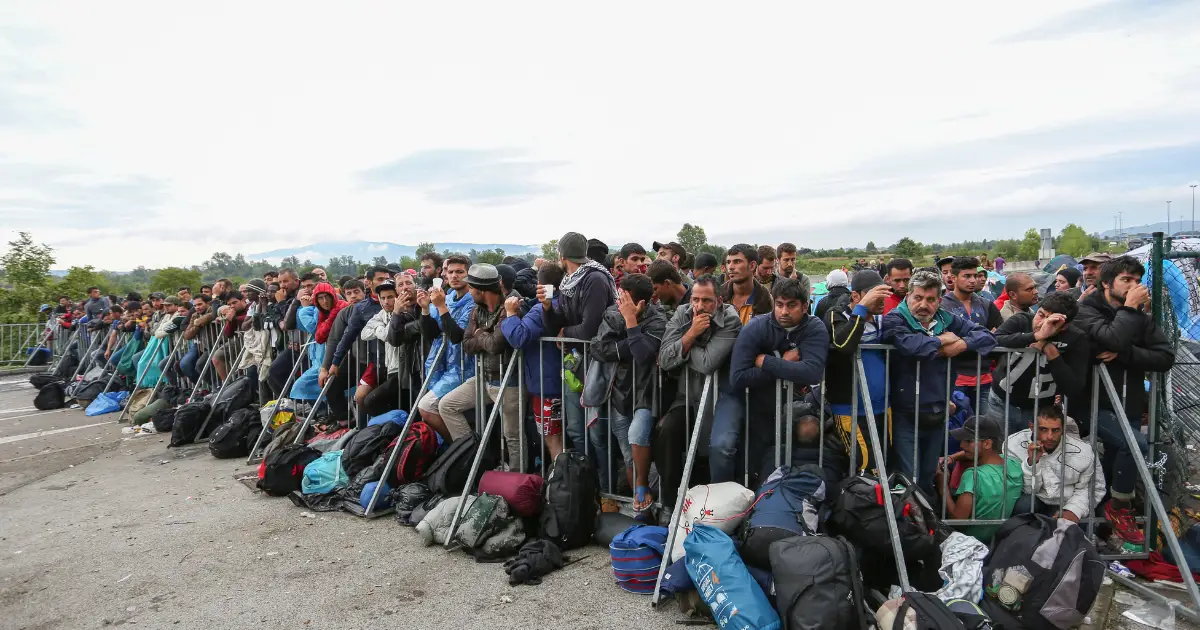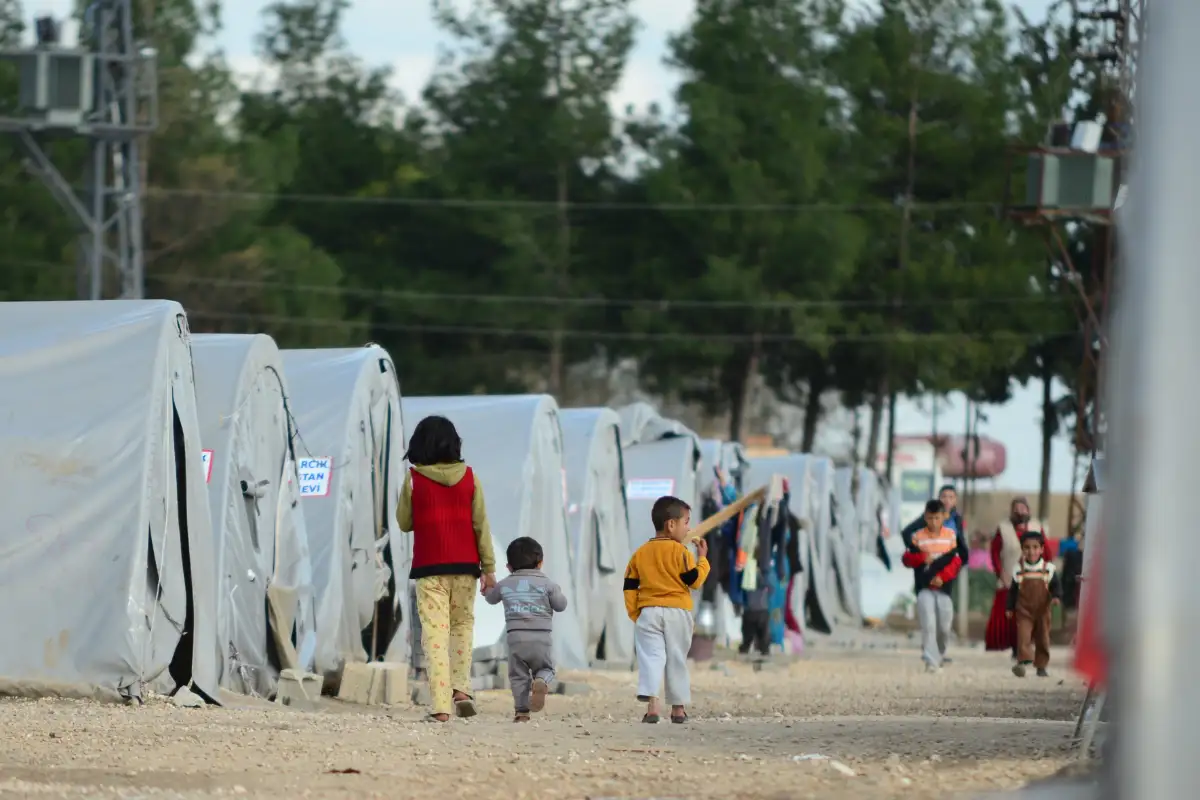Central America is in a state of emergency due to the massive displacement of people caused by a combination of natural disasters and political conflicts. Entire communities have been forced to abandon their homes, leading to the formation of improvised camps and an urgent demand for humanitarian aid. The scale of the displacement has tested the response capacity of local governments and mobilized various international organizations to assist those affected.
The precarious conditions in these camps—where access to basic services such as clean water, medical care, and shelter is limited—have raised alarms within the humanitarian community. Emergency teams have been deployed to coordinate the distribution of food, medicine, and other essential resources. Additionally, long-term projects are being developed, including infrastructure reconstruction and the implementation of early warning systems to prevent future displacement crises.
Experts in social development and humanitarian aid stress that the situation in Central America reflects deep-rooted structural issues that must be addressed through prevention and development policies. International cooperation and sustained investment in resilience projects are crucial to transforming this crisis into an opportunity for improvement in the region’s most vulnerable communities.



